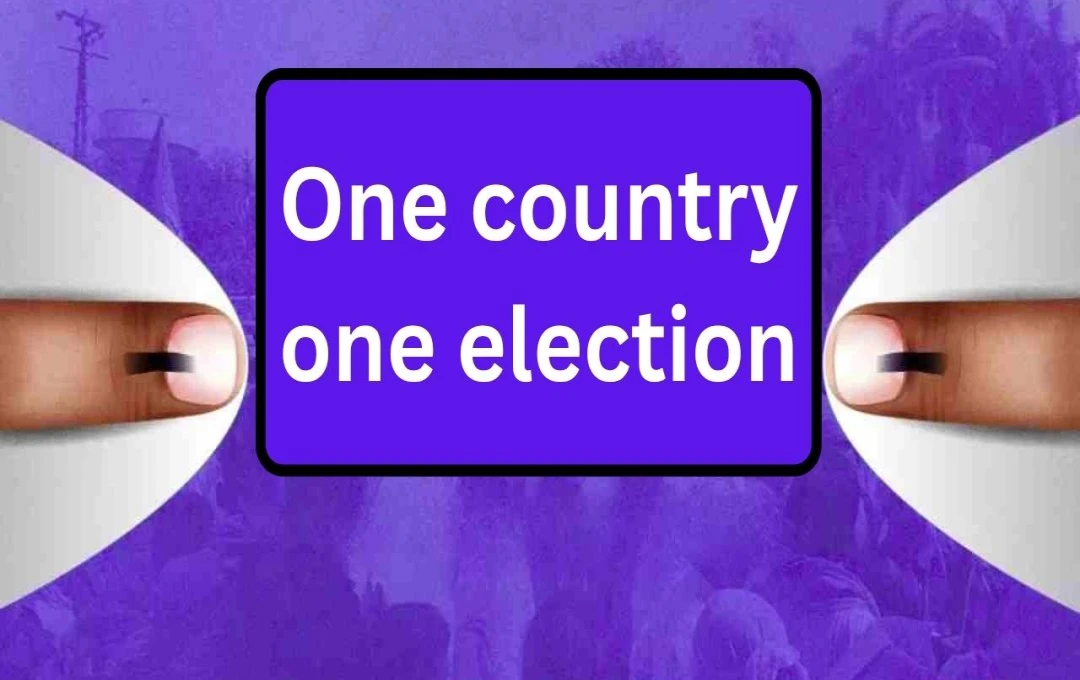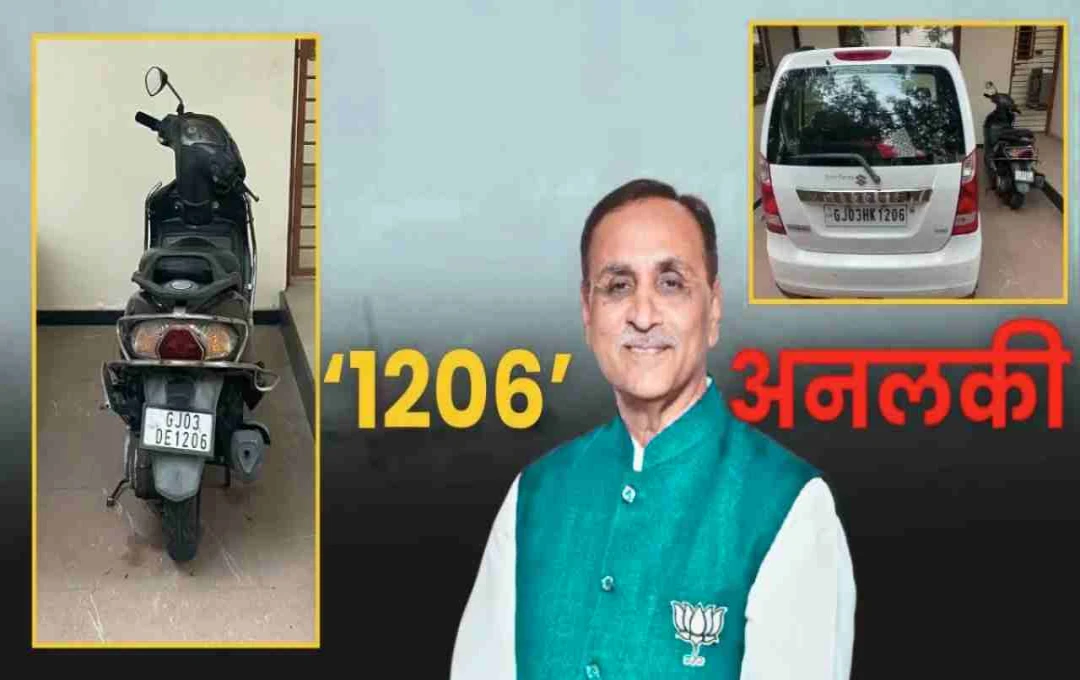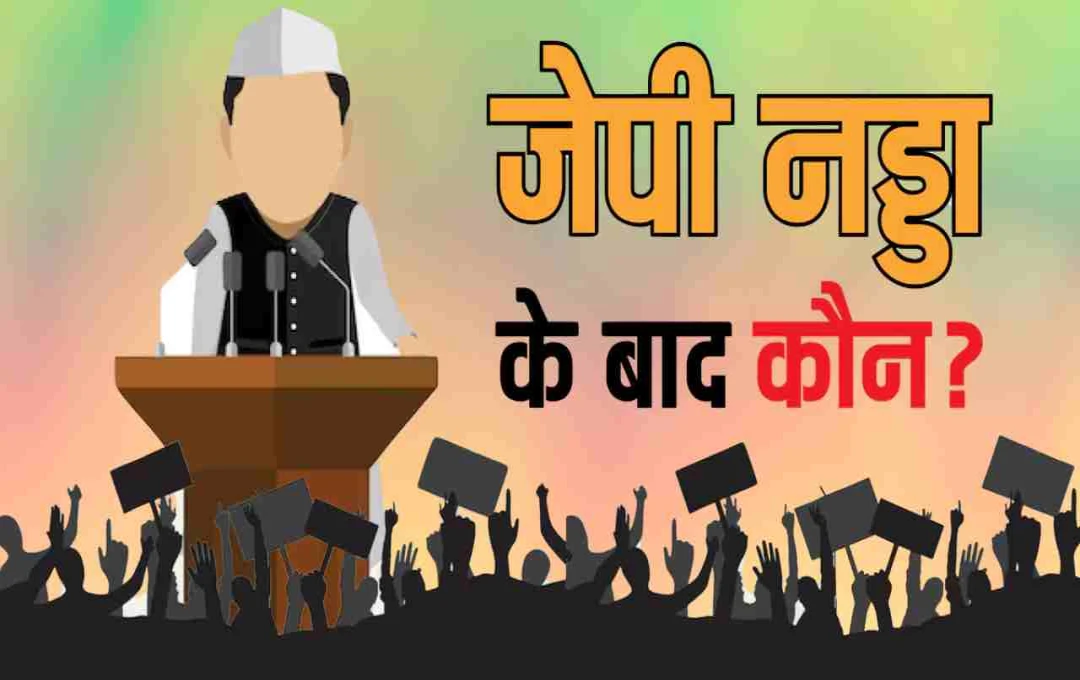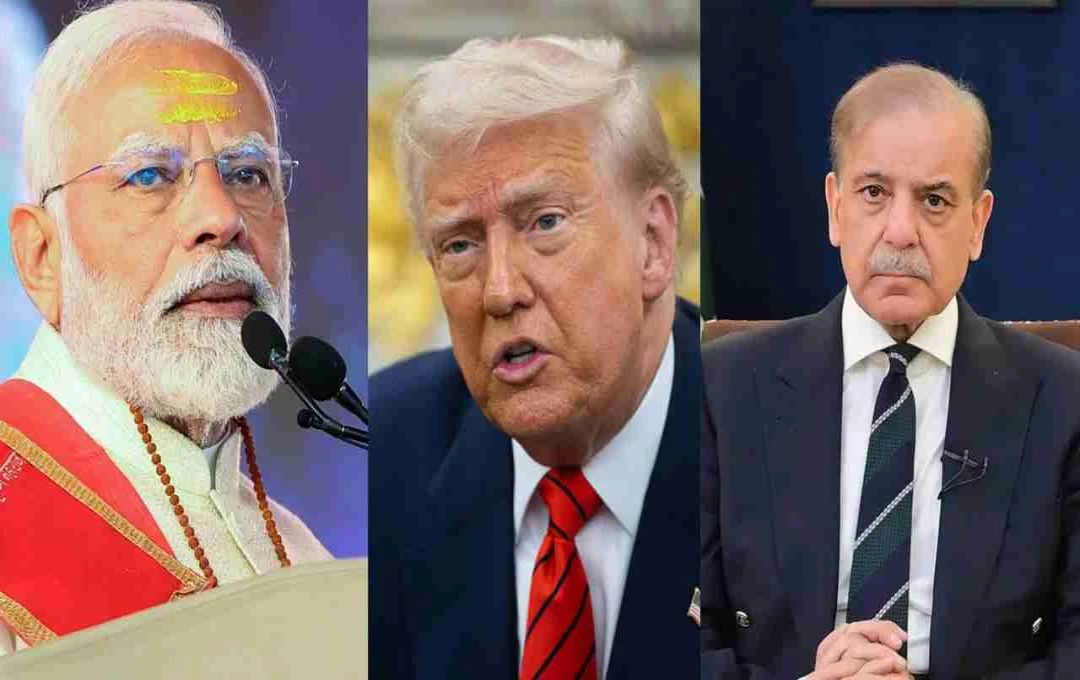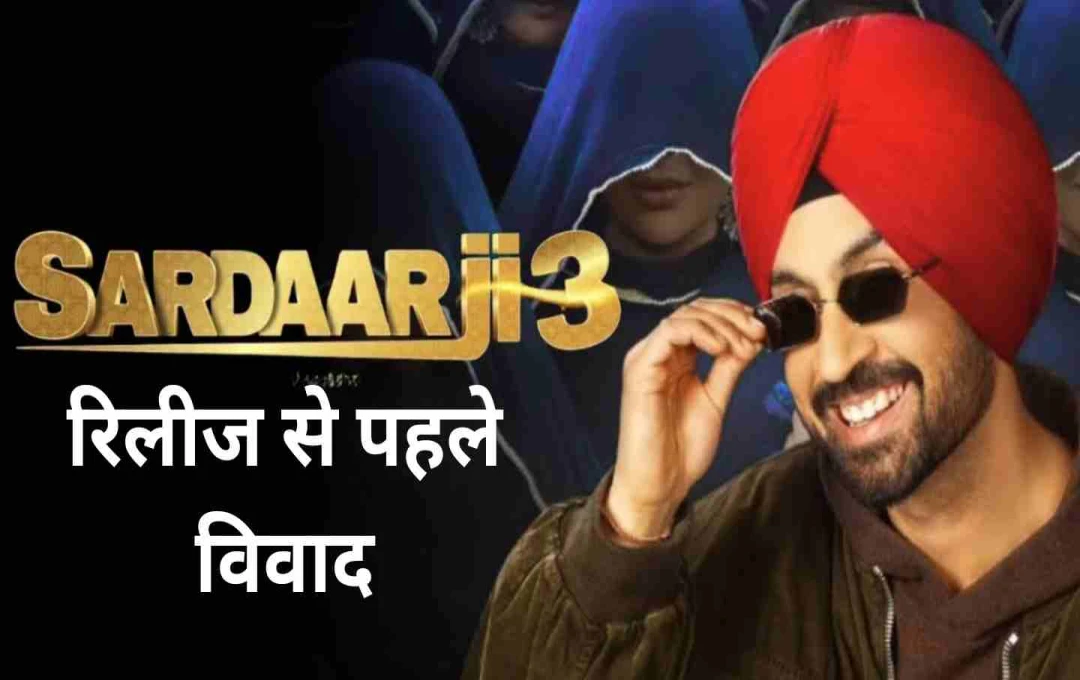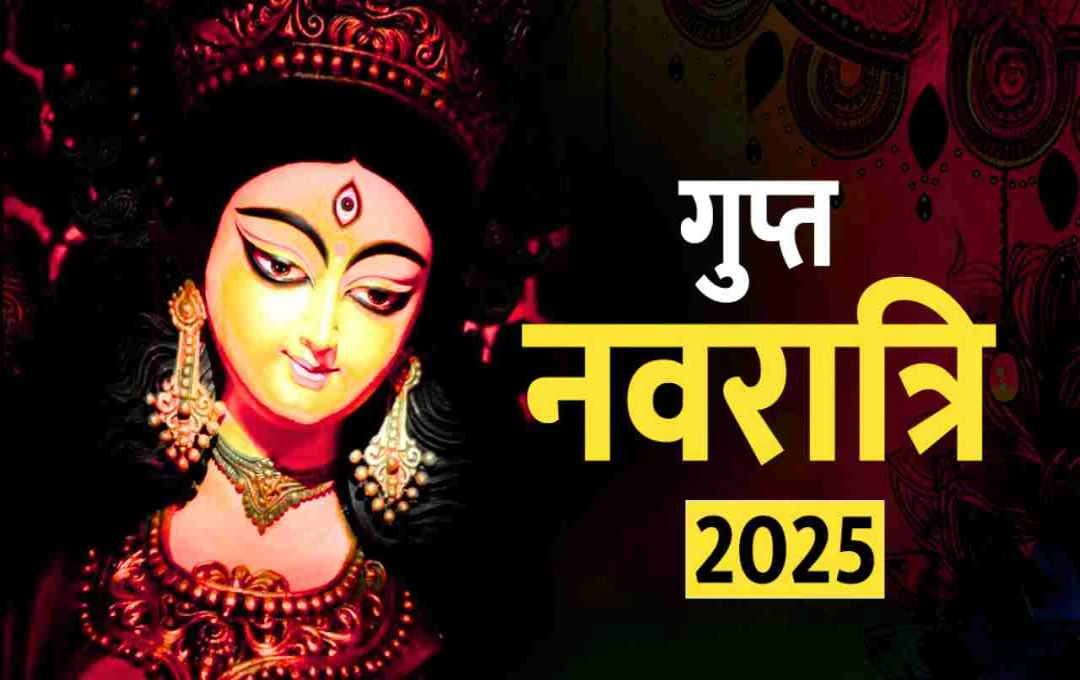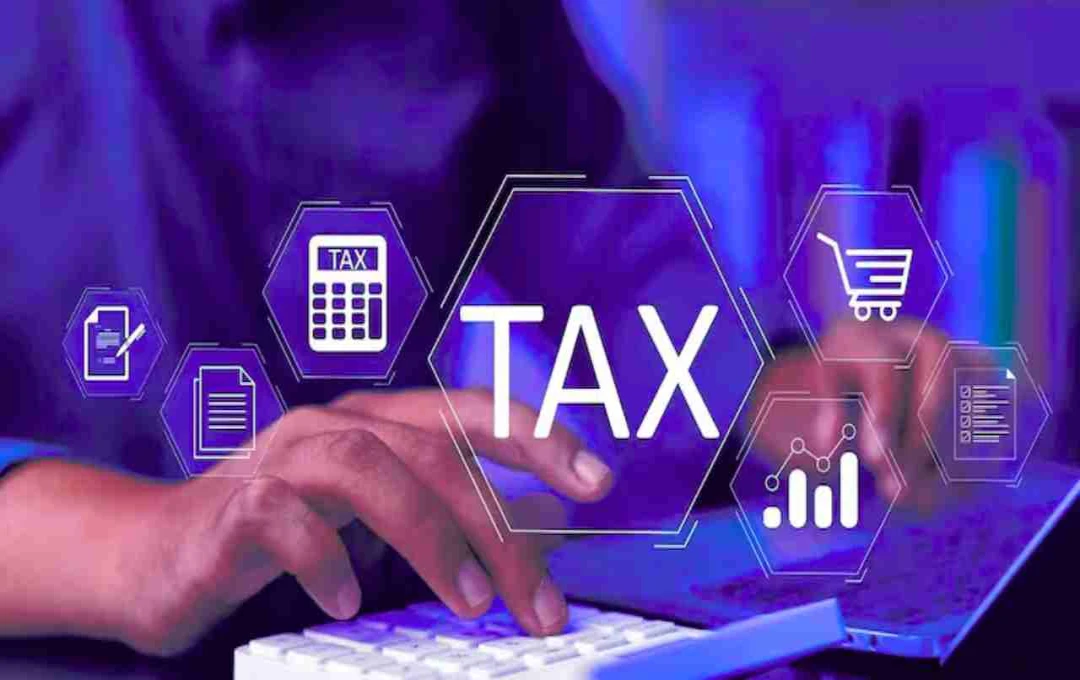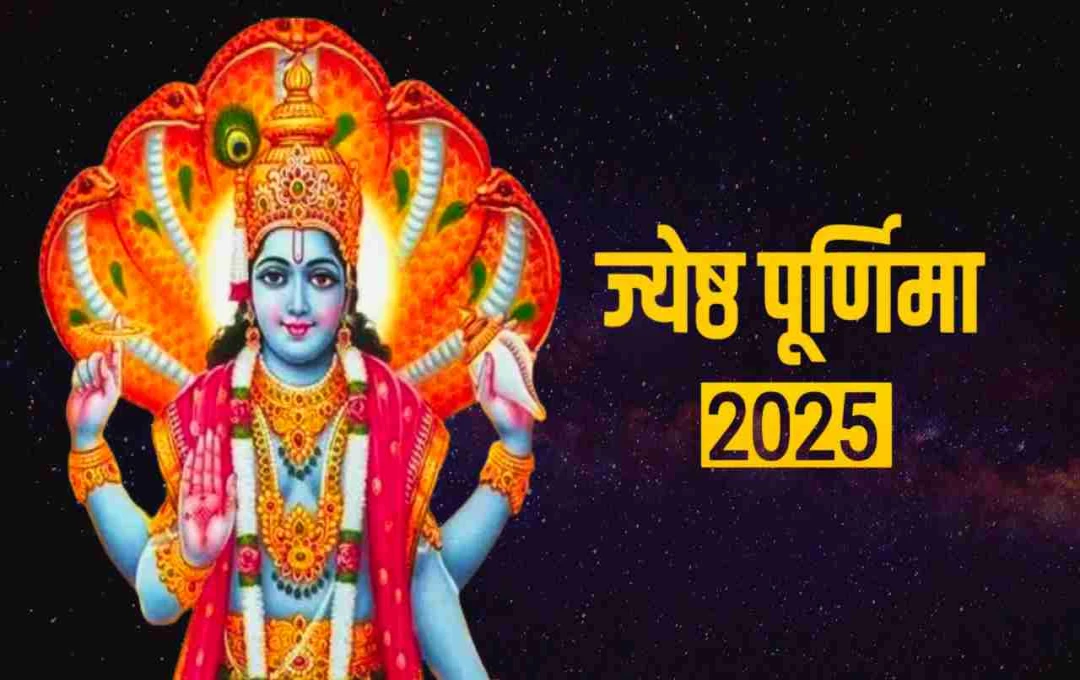The central government is taking significant steps towards "One Nation, One Election." This plan aims to synchronize Lok Sabha and all state assembly elections, thereby reducing election expenditure, administrative burden, and political instability.
New Delhi: India's electoral landscape may soon witness a major structural overhaul. The central government's proposed "One Nation, One Election" plan is nearing its finalization. The government aims to conduct Lok Sabha and state assembly elections simultaneously across the country by 2034. Constitutional amendments and a detailed strategy are being rapidly developed to achieve this.
What is the "One Nation, One Election" Plan?
"One Nation, One Election" signifies simultaneous elections for the Lok Sabha and all state legislative assemblies nationwide. Currently, India holds elections in various states throughout the year, leading to issues such as high economic costs, administrative burdens, and policy paralysis. This plan aims to create a unified election cycle, promoting administrative stability and enabling governments to focus on developmental initiatives throughout their tenure.
2034 is the Target Year; Adjustment Process to Begin from 2029
Regarding the Constitution (129th Amendment) Bill, 2024 and the Union Territories Laws (Amendment) Bill, 2024, the government has clarified that bringing the nation onto a uniform electoral timeline by the 2034 general elections is a priority. To achieve this, the tenures of states scheduled for assembly elections after 2029 will be shortened to align with the 2034 elections.
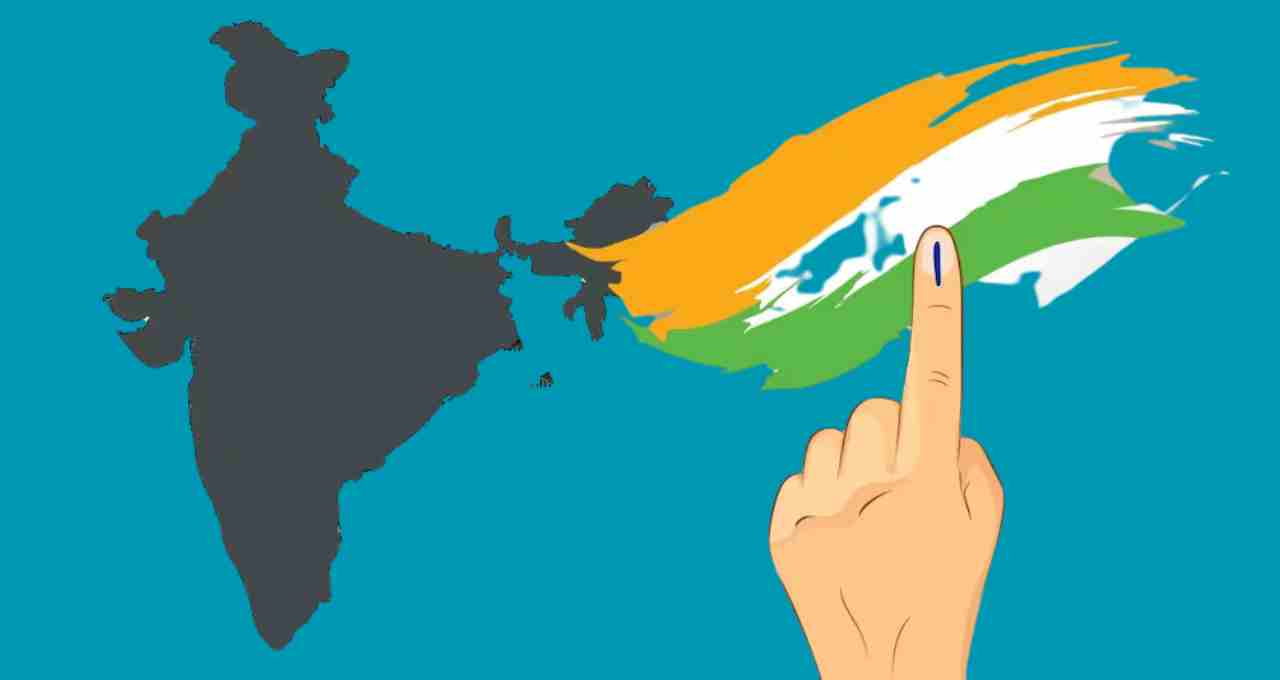
For instance, Uttar Pradesh, where the next assembly election is slated for 2032, will have its term reduced to two years to coincide with the 2034 Lok Sabha elections.
Constitutional Amendment to Provide Legal Basis
The government has drafted a constitutional amendment bill to implement "One Nation, One Election." According to the bill, the President will issue a notification based on the date of the first Lok Sabha sitting, determining the next general election. Subsequently, the tenures of state assemblies will be aligned with the Lok Sabha's term. This means that in the future, regardless of the state, the dissolution of its assembly and subsequent elections will coincide with the Lok Sabha elections.
If, for any reason, the Lok Sabha or a state assembly is dissolved before its five-year term, elections will be held for the remaining period—however, the subsequent election will again align with the Lok Sabha cycle.
JPC's Role and Term Extension
The "One Nation, One Election" bill was introduced in the Lok Sabha during the 2024 winter session and referred to a Joint Parliamentary Committee (JPC) headed by MP P.P. Chaudhary. This committee is tasked with engaging with all stakeholders, including state governments, political parties, and the Election Commission. The committee's term has been extended as it has already visited Maharashtra and Uttarakhand and will visit other states to finalize its report.
However, the constitutional amendment bill includes flexibility. If the Election Commission deems it infeasible to hold assembly elections concurrently with Lok Sabha elections in a particular state, it can recommend separate elections to the President. This provision ensures the preservation of the federal structure of the constitution and accommodates the specific circumstances of individual states.
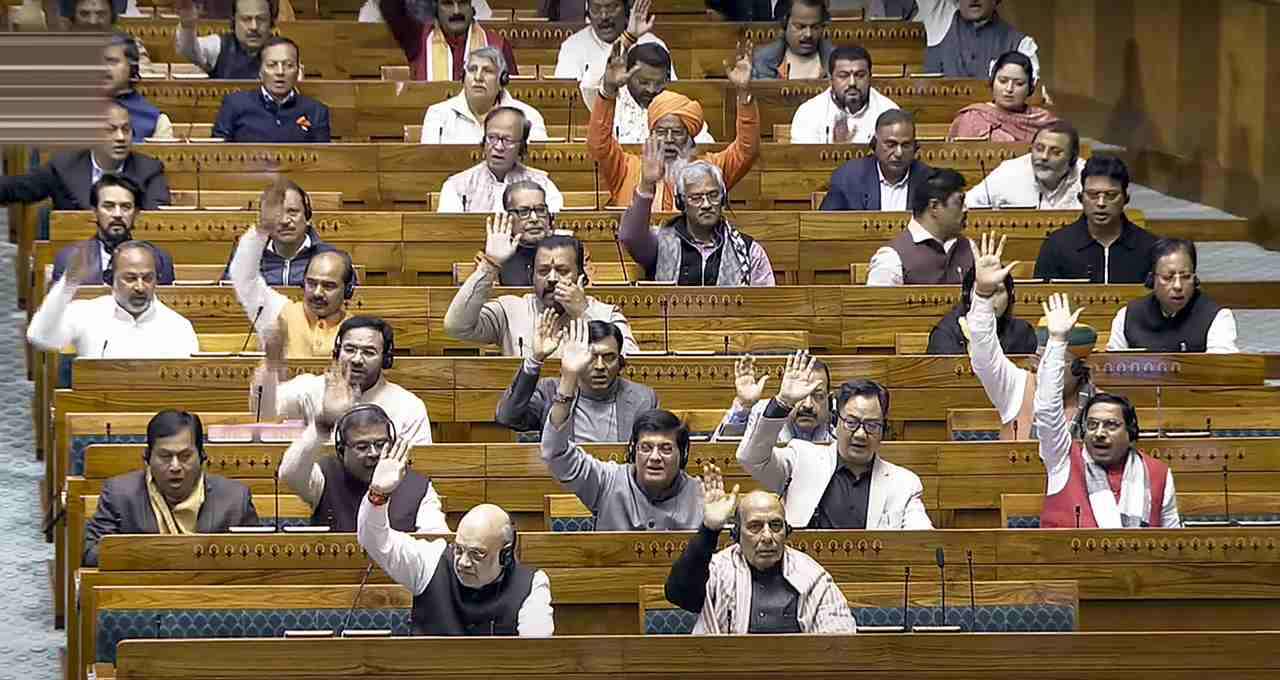
What are the Advantages?
- Significant reduction in election expenditure: Holding frequent elections incurs billions of rupees in expenses for the Election Commission, administration, and security agencies. This expenditure will be significantly reduced.
- Accelerated development initiatives: The repeated imposition of the model code of conduct frequently halts development projects. This will be avoided.
- Political stability: It will mitigate the impact of frequent electioneering and defections.
